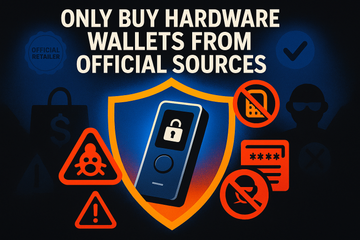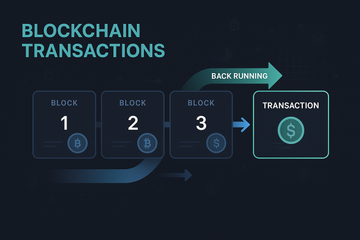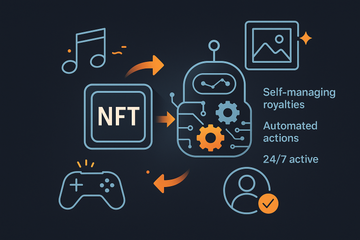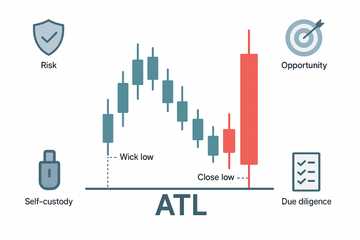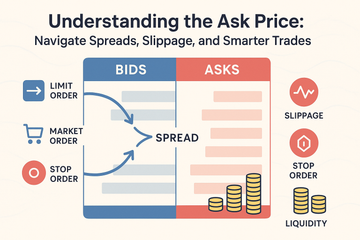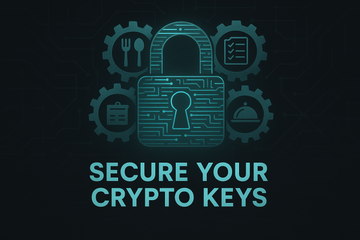You know what? Sometimes the simplest advice is the most important. Like your grandma telling you, 'Don’t take candy from strangers.' Simple. Obvious. But sometimes, we forget. Well, if you’re even remotely interested in keeping your crypto safe, buying your hardware wallet from an official source isn’t just good advice—it could be the thing standing between you and a financial heartache. And no, I’m not exaggerating.
Before We Start—What Even Is a Hardware Wallet?
Alright, quick refresher. If you’re parked in front of a screen reading crypto blogs, you probably already know: a hardware wallet is a physical device that stores your private keys offline. It’s like that secret stash under your mattress, except a little more technical and without the dust bunnies. Big names? Think Trezor and Ledger. These are brands most folks recognize for ironclad security in a world of slippery fish and digital pirates.
The 'Why Not Just Amazon?' Question
Alright, let’s cut to the chase. 'Why shouldn’t I grab my wallet from a third-party seller on Amazon or eBay? Isn't it the same thing?' Sure, it looks the same. The packaging might be identical, maybe even unopened. Here’s the problem: you have no clue what happened to that wallet before it landed on your doorstep. I mean, really—would you trust a parachute you bought from a street vendor? (I hope not!)
The Nitty-Gritty Risks: More Than Just a Bad Deal
People often shrug, thinking, 'What's the worst that could happen?' Let me tell you. Crypto hardware wallets are, by their nature, secure—but only if you’re the first (and only) one to touch the device. When you buy from unofficial sources, you’re rolling the dice with things like:
- Pre-installed malware: Modified devices can have evil firmware that captures your passphrases as soon as you sneeze anywhere near them.
- Seed phrase theft: If someone’s already generated the recovery seed, you’re basically handing them the keys to your coins. Talk about a bummer.
- Loss of warranty and support: Trezor or Ledger won’t help you out if the wallet you bought wasn't from them or a certified partner.
- Counterfeit devices: Some fakes look the part but implode when you try to use them—or worse, stealthily siphon funds later.
Let’s be real: The crypto world is already a minefield of scams and phishing attempts. Why add another layer of risk?
Official Channels: The Only Route Worth Taking
Now, you might be saying, 'But official retailers charge more!' True, sometimes you’ll see a third-party deal that seems almost too good to pass up. But ask yourself—what’s your crypto stash worth to you? An extra 20 bucks? That’s less than the price of a decent steak dinner or a pair of movie tickets with popcorn.
Ledger and Trezor aren’t playing games here. They’ve got verified partners, and those partners have to adhere to strict rules (think of it as a club with a bouncer who takes their job very seriously). Skip those, and you’re also skipping any hope of help if something goes sideways.
Let’s Get Into Some Real-Life Horror Stories—Yep, They Happen
Ask around in any serious crypto forum or just spend ten minutes on Reddit, and you’ll bump into tales scarier than any campfire story. People have lost everything by trusting a seemingly innocuous Amazon seller or a bargain posted on some obscure marketplace. Sometimes the trap is subtle. Someone buys a hardware wallet, sets it up, and—months or even a year later—poof! Funds disappear.
It’s not just urban legend. In 2022, there were reported cases where counterfeit hardware wallets used tampered packaging and nearly identical hardware. But the insides? Rigged to siphon funds the moment the device connected online. No amount of backtracking could fix the loss because private keys had already waltzed out the digital door.
Signs You’re Not Buying From the Right Place
If you’re scratching your head wondering where to draw the line—here’s a quick list of red flags. If you see these, stop and rethink:
- The seller has inconsistent reviews or brand-new accounts.
- The packaging looks off: low-quality print, strange typos, or seals that aren’t factory-fresh.
- The price is way too good to be true. (Spoiler: it probably is.)
- No mention of being an 'authorized' retailer or partner on Trezor’s or Ledger’s official site.
- Device arrives with a pre-set seed phrase or some kind of slip in the box instructing you to 'use this recovery code.' NEVER, ever do that.
You see, sometimes the most dangerous moves aren’t always the most obvious ones. Phony wallets can be almost impossible to spot on the outside. That’s why playing it safe isn’t being paranoid—it’s just smart (and honestly, a bit comforting).
Bonus Points: Official Hardware Wallets and Peace of Mind
Look, security in crypto isn’t really about gadgets and gizmos alone—it’s about habits. Buying direct from Ledger, Trezor, or their certified partners is just a simple habit that can make a colossal difference. You get:
- Fresh, tamper-evident packaging
- Uncompromised hardware and software
- Full access to warranty and customer support
- Up-to-date firmware and real, regular updates
- Peace of mind, which is honestly priceless in this unpredictable game
And seriously, isn’t that worth a few extra bucks and a tiny bit more patience while you wait for shipping?
Quick Tangent—Even Hardware Wallets Need Good Habits
Let me sneak in a tiny tangent (because good habits kind of stack up). Even with that fresh-out-of-the-box wallet, if you jot down your seed phrase and just snap a phone pic for safekeeping… well, you’ve instantly unraveled your own security. Treat that backup like the crown jewels. Write it down, store it somewhere only you can find, maybe even split it between locations. But digital copies? That’s like wearing a seatbelt around your knees. It doesn’t really work, does it?
Wrapping Up: Make It Easy, Make It Safe
Crypto is all about freedom—freedom to move funds, manage your assets, even dream a little bigger. But freedom loves responsibility as a roommate. Hardware wallets give you a fighting chance against digital threats, but only if you start off on the right foot. So, go official, skip the back-alley bargains, and sleep soundly knowing your coins are actually yours. Grandma would be proud. And hey, when you’re ready to show off your new security toy, you’ll have a story worth sharing (and a wallet you can trust).





